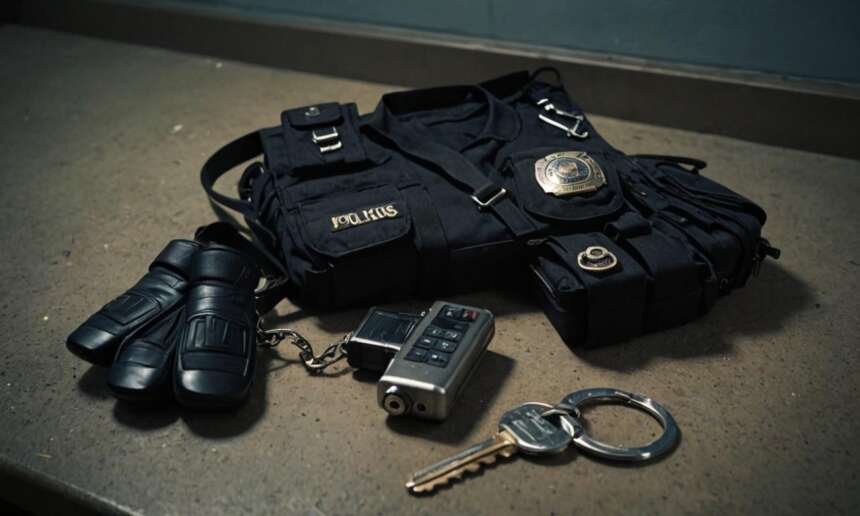Correctional officers play a pivotal role in the criminal justice system, serving as frontline personnel in correctional facilities such as prisons, jails, and detention centers. Their primary responsibility is to ensure the safety, security, and orderly operation of these facilities while overseeing the welfare and behavior of inmates or detainees.
Roles and Responsibilities
Correctional officers are entrusted with various duties, including:
- Supervising inmate activities and movements
- Enforcing rules and regulations
- Conducting searches for contraband
- Responding to emergencies and disturbances
- Escorting inmates within the facility or during transportation
- Assisting in rehabilitation and reintegration programs
Qualifications and Training
Becoming a correctional officer typically requires a high school diploma or equivalent, although some agencies may prefer candidates with college coursework or a degree in criminal justice or a related field. Additionally, candidates must undergo rigorous screening processes, including background checks, physical fitness assessments, and psychological evaluations.
Once hired, correctional officers typically receive extensive training in areas such as security procedures, crisis intervention, communication skills, and legal rights and responsibilities. This training equips them with the necessary knowledge and skills to perform their duties effectively and safely.
Challenges and Rewards
Working as a correctional officer can be both demanding and rewarding. Officers often face challenging situations and must remain vigilant and composed in the face of adversity. They also play a crucial role in promoting rehabilitation and facilitating positive change in the lives of inmates.
Despite the inherent risks and difficulties, many correctional officers find fulfillment in their work, knowing that they are making a difference in their communities and contributing to public safety.
Correctional officers are essential members of the criminal justice system, responsible for maintaining order and security within correctional facilities while promoting rehabilitation and ensuring the welfare of inmates. Through their dedication, professionalism, and commitment to duty, correctional officers play a vital role in upholding the values of justice, safety, and accountability.
Work Environment
The work environment for correctional officers can vary depending on the type of facility they work in. While some may work in traditional prison settings, others may work in juvenile detention centers, immigration detention facilities, or even in community-based correctional programs. Each environment presents its own set of challenges and requires officers to adapt to different populations and operational procedures.
Correctional Officer Safety
Ensuring the safety of correctional officers is paramount given the inherent risks associated with working in close proximity to individuals who may pose a threat. Correctional facilities implement various safety protocols, including the use of protective gear, surveillance systems, and communication devices, to minimize risks and ensure the well-being of staff.
De-escalation Techniques
Correctional officers undergo training in de-escalation techniques to effectively manage conflicts and diffuse potentially volatile situations. These techniques emphasize communication skills, conflict resolution strategies, and the use of non-violent intervention methods to maintain control and prevent escalation.
Frequently Asked Questions
| Question | Answer |
|---|---|
| What are the working conditions like for correctional officers? | The working conditions can vary depending on the facility, but correctional officers often work long hours in potentially hazardous environments. They must remain vigilant at all times and be prepared to respond to emergencies. |
| Is becoming a correctional officer physically demanding? | Yes, the job can be physically demanding as officers may need to restrain inmates, conduct searches, and perform other tasks that require physical strength and stamina. |
| What are some of the challenges correctional officers face? | Correctional officers face various challenges, including dealing with violent or unpredictable inmates, managing overcrowded facilities, and balancing the need for security with efforts to promote rehabilitation. |




